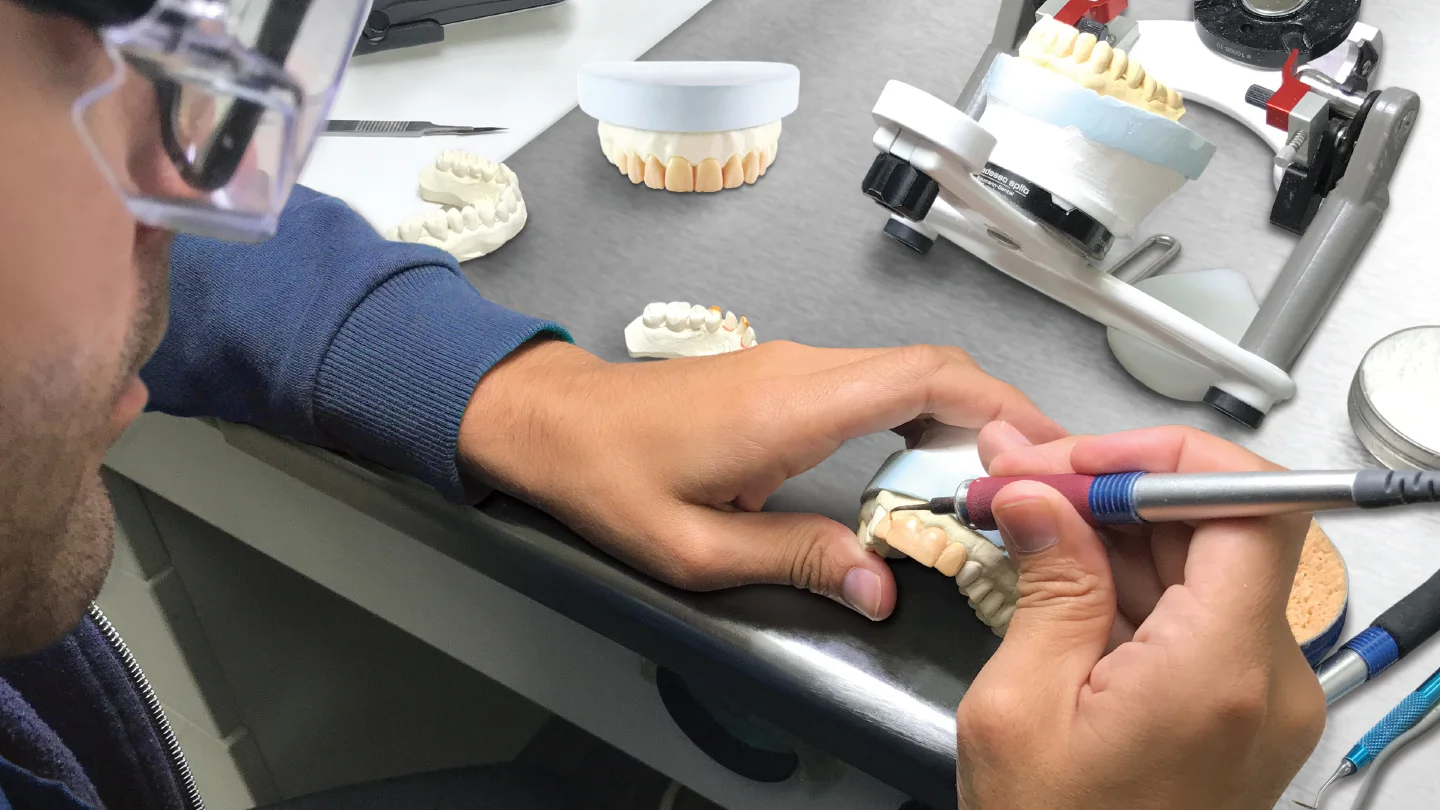
Learning the operations of a dental lab can significantly enhance a dentist's skills and proficiency in several ways.Firstly, understanding the functioning of the dental lab provides dentists with a deeper understanding of the technical aspects involved in creating dental prosthetics, appliances, and restorations. This includes hands-on experience in working with various materials such as ceramics, metals, and polymers, as well as mastering techniques like casting, molding, and CAD/CAM design. With this knowledge, dentists can better communicate with dental technicians, ensuring precise specifications and achieving optimal results for their patients.
Secondly, familiarity with dental lab operations fosters a greater appreciation for the intricacies of the fabrication process. Dentists gain insights into the factors influencing the quality and durability of dental prosthetics, allowing them to make more informed decisions when selecting materials and treatment options for their patients. Additionally, understanding the capabilities and limitations of dental lab technology enables dentists to recommend appropriate procedures that align with their patients' needs and expectations.
Moreover, knowledge of dental lab operations cultivates essential problem-solving skills in dentists. Through practical training and case studies, they learn to troubleshoot common issues encountered during the fabrication process, such as occlusal discrepancies, shade matching challenges, or material failures. This equips dentists with the expertise to address complications effectively, ensuring the successful outcome of dental treatments and patient satisfaction.
Furthermore, exposure to dental lab procedures encourages collaboration and interdisciplinary teamwork within the dental practice. Dentists develop a mutual understanding and respect for the expertise of dental technicians, fostering a collaborative approach to patient care. By working closely with skilled technicians, dentists can refine their treatment plans, optimize esthetic outcomes, and deliver superior results for their patients.
In summary, learning the operations of a dental lab serves as a valuable educational opportunity for dentists to enhance their clinical skills, expand their knowledge base, and improve patient care. By mastering the technical intricacies of dental prosthetics and fostering collaboration with dental technicians, dentists can elevate the quality of their practice and ultimately become better clinicians.
